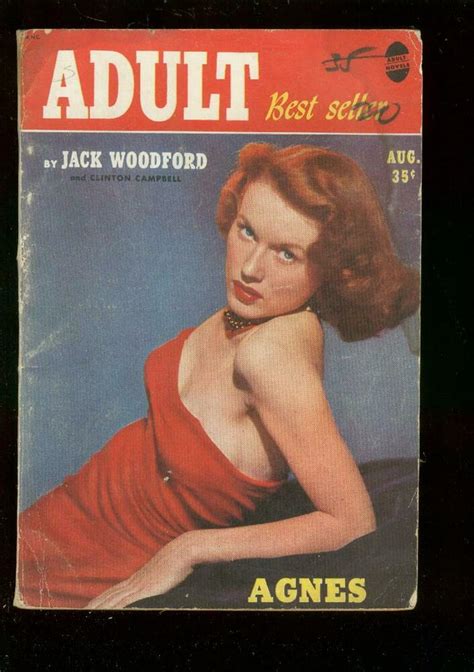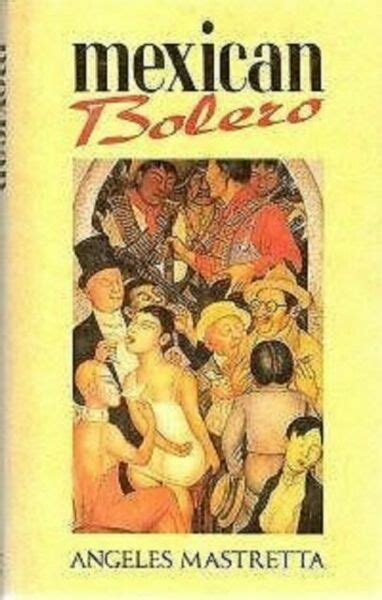A Quote by Guillermo Cabrera Infante
A very wise author once said that a writer writes for himself, and then publishes for money. I write for myself and publish just for the reader
Related Quotes
The first thing a writer has to do is find another source of income. Then, after you have begged, borrowed, stolen or saved up the money to give you time to write and you spend all of it staying alive while you write, and you write your heart out, after all that, maybe no one will publish it, and if they publish it, maybe no one will read it. That is the hard truth, that is what it means to be a writer.
I majored in journalism at Arizona State University, where I began writing the columns I write now, but I cannot, in good conscience, refer to myself as a writer. I'm a columnist, maybe a journalist, I guess I'm an author, but writer... no. That's not up to me to call myself, that's rather lofty. It's for the reader to decide.
Karl Popper once advised a student that if he wanted to reap intellectual fame, he should write endless pages of obscure, high-flown prose that would leave the reader puzzled and cowed. He should then here and there smuggle in a few sensible, straightforward sentences all could understand. The reader would feel that since he has grasped this part, he must have also grasped the rest. He would then congratulate himself and praise the author.
Every reader, as he reads, is actually the reader of himself. The writer's work is only a kind of optical instrument he provides the reader so he can discern what he might never have seen in himself without this book. The reader's recognition in himself of what the book says is the proof of the book's truth.
I learned to write from reading. I had no writing classes. It's part of my thinking as the writer-author, reading, but then I also want to bring this into my characters, who also read and think. There's that great quote from Virginia Woolf - it's very simple: "...books continue each other." I think when you're a writer, you're also, hopefully, a reader, and you're bringing those earlier works into your work.
There are, first of all, two kinds of authors: those who write for the subject's sake, and those who write for writing's sake. ... The truth is that when an author begins to write for the sake of covering paper, he is cheating the reader; because he writes under the pretext that he has something to say.
As soon as I start to write I'm very aware, I'm trying to be aware that a reader just might well pick up this poem, a stranger. So when I'm writing - and I think that this is important for all writers - I'm trying to be a writer and a reader back and forth. I write two lines or three lines. I will immediately stop and turn into a reader instead of a writer, and I'll read those lines as if I had never seen them before and as if I had never written them.





































